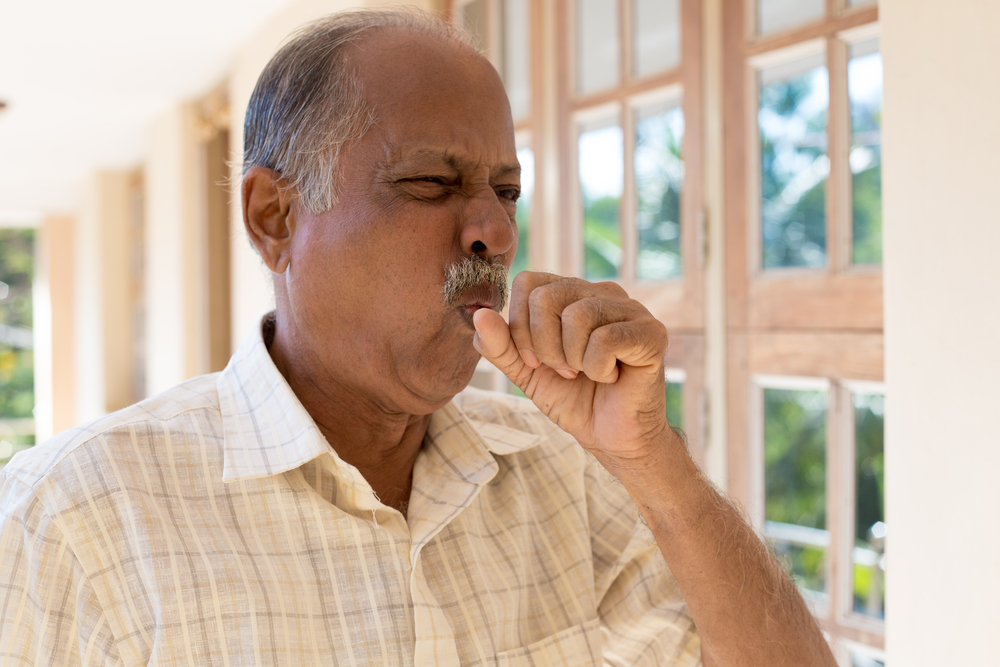Lung Injury After Flares Most Evident in People with Mild COPD, Study Finds

People with very mild chronic obstructive pulmonary disease (COPD) show severe loss of lung function after an acute flare, a new study reported, suggesting that drugs to prevent exacerbations may need to be considered to slow disease progression in these patients.
But the study, “Acute Exacerbations and Lung Function Loss in Smokers with and without COPD,” published in the American Journal of Respiratory and Critical Care Medicine, also underscored that little is known about the effects of such drugs in patients with mild disease, and called for more research.
“Very early on in this disease — at a time when, outside a study like ours, the majority of people would not have been diagnosed with COPD — patients appear to be losing lung function,” Mark Dransfield, MD, medical director of the University of Alabama at Birmingham Lung Center and the study’s lead author, said in a news release.
“The whole medical community is focused on the latter stages of COPD, when … we should probably be focused on preventing morbidity much earlier,” he added.
A clinical trial (NCT00608764) had enrolled more than 10,000 people, both with and without COPD, to study genetic factors linked to the disease in smokers and former smokers. The current study analyzed data from 2,000 participants who took part in a follow-up visit five years after the trial’s start. During the five years, researchers collected data every six months.
Participants were stratified according to their COPD severity, using the Global Initiative for Chronic Obstructive Lung Disease (GOLD) guidelines. In addition, researchers identified those with a mild decrease in lung function who did not qualify for a COPD diagnosis.
The study found that among COPD patients and those with mild lung impairment, 36.7 percent experienced an acute worsening during those five years. Acute worsening or acute respiratory disease was defined as a state needing treatment with either antibiotics or steroid drugs, while severe exacerbations required hospitalization.
The largest decline in lung function after a disease exacerbation was seen in those with the mildest disease, representing GOLD stage 1. Lung function decline was measured using FEV1, which is the amount of air a person can forcibly exhale in one second.
Among patients with the most severe disease, GOLD4, exacerbations could not be linked to loss of lung function, a finding researchers thought likely reflected survivor, or selection, bias. In smokers without COPD, and in people with mild lung impairment but no COPD diagnosis, acute airway disease also did not lead to worsening lung function.
“Exacerbations are associated with accelerated lung function loss in subjects with established COPD, particularly those with mild disease,” the team concluded.
Drugs used to prevent acute worsening in COPD have rarely been studied in patients with mild disease, and clinical trials are needed to explore if such drugs could prevent the development of more severe disease states and lung function decline.






